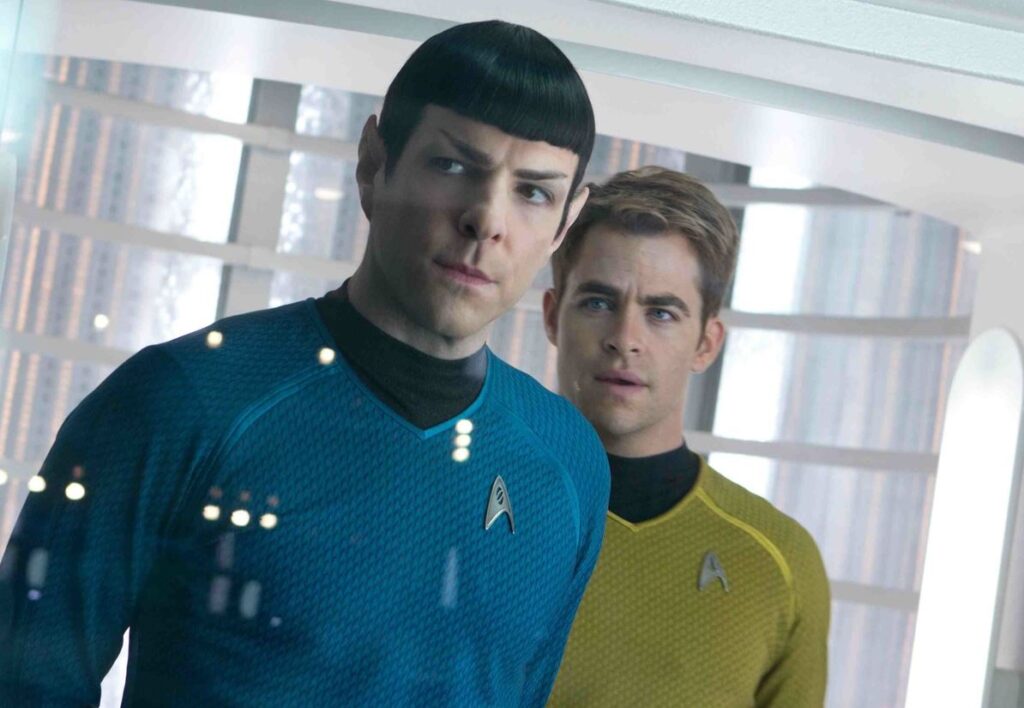The Executors of 2013, Pt. III: Feat. World War Z, Star Trek Into Darkness, and This Is the End

Today, we’re wrapping up our look at the Executors. If you missed them, you can find Part I here and Part II here.
Nebraska. It’s not quite accurate to say that Alexander Payne has matured. He’s older than he used to be—most of us are—but Payne’s directorial signature already seemed fully formed when he debuted in 1996 with Citizen Ruth, and his follow-up, the brilliant satire Election, felt like the work of a visionary. It’s not as though he ever needed seasoning. But if Payne hasn’t grown up as a filmmaker, he’s definitely changed, trading in the jaundiced worldview of his earlier work for something more mellow and contemplative. It’s a shift that’s produced The Descendants, one of 2011’s best films, and now Nebraska, an even quieter and more reflective picture about love, death, mental illness, and human decency. Election 2.0 this is not.
